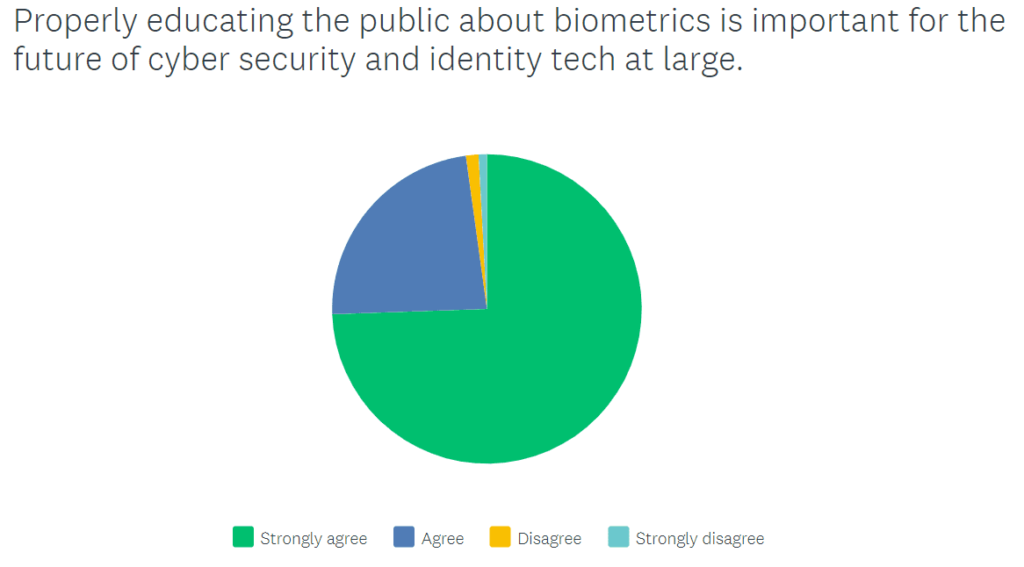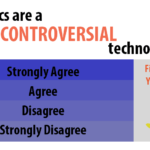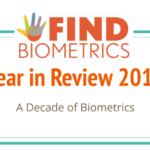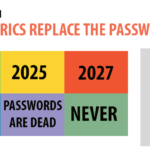Where there has been some disagreement about key issues covered in this year’s FindBiometrics Year in Review survey, there has also been quite a bit of consensus. On the issue of privacy, for example, a majority of 94 percent agreed that it’s a fundamental right; and 91 percent agreed that standardized biometric testing was crucial for the industry’s future. But on the topic of educating the public, we’ve come to our strongest display of consensus yet.
Question 11 gave Year in Review participants the prompt: “Properly educating the public about biometrics is important for the future of cyber security and identity tech at large.” Only two percent disagreed, and of the vast majority who agreed with the statement, three-quarters indicated that they “Strongly agree”.

This is a remarkable level of agreement, and to understand why the consensus is so strong, it may help to take a look at the results of a couple of other questions. Going back to the issue of standardized testing, for example: this is an area in which survey participants appeared to clearly recognize a ‘greater good’ aspect to the proposal. Standardized testing wouldn’t necessarily help any one particular company – indeed, from a competitive standpoint, it could hurt most participants, since in any given round of testing, only one biometric solution will get the top rank. But there are benefits to be gained from having a level playing field in which everyone has an equal shot at success, and standardized testing helps to establish that. What’s more, standardized testing like the kind offered by the National Institute of Standards and Technology can help biometrics specialists to set clear goals and criteria for their own R&D, and to realistically assess how they’re performing in comparison to the competition.
There is a similar appeal to the ‘greater good’ when it comes to educating the public about biometrics, which again won’t necessarily benefit any one company, but offers broad benefits to the industry as a whole, by helping to familiarize mainstream end users with biometric technologies. Admittedly, this is a case for education that could theoretically be made about pretty much any technology, but there’s a particular reason that it’s so important for biometrics right now – and that’s because biometrics, over the past couple of years, has become controversial.
There was some disagreement over this issue in another Year in Review question, which saw 54 percent of respondents agreeing that biometrics are controversial, and 46 disagreeing. But this offers a hint about why everyone agrees that education is important. There is no doubt that there has been controversy around biometrics over the past couple of years – and especially facial recognition and its use by law enforcement agencies – but those who dissented on that question may have been doing so on the premise that biometric technologies themselves aren’t necessarily controversial, or that they don’t need to be. It’s how they’re used that counts. After all, most consumers seem perfectly happy with facial recognition when it’s used to unlock their phones, even if they don’t want police using it for surveillance.
This, of course, points to the need for education. The debate around regulating facial recognition has associated that technology with controversy, and threatens to taint the broader field of biometrics, too. But helping consumers to see that biometric technologies offer plenty of useful applications – including replacing the password-based security systems that are so hated by so many – would seem to be a great way of winning back public trust. There are also technical issues, like the implementation of liveness detection systems, that are not yet well understood by the public; sustained education efforts on this and other technical areas can help to dispel myths and unfounded fears about biometrics being hacked or ‘permanently stolen’.
This brings us back to the ‘greater good’ argument, with educational efforts holding the potential to help clarify exactly how biometrics are or are not controversial, and to help consumers understand how biometric technologies can be put to good use such as replacing passwords and protecting their data. And in that sense, it’s a matter that isn’t just for the good of the biometrics industry, but for the greater good of everyone who can benefit from biometric tech, and a better understanding of how this technology can and should be used.
*
The 2019 FindBiometrics Year in Review is made possible by our sponsors: Aware, Inc., Clear, IDEMIA, SecuGen, Iris ID, FacePhi, Jumio, BioConnect, BIO-key.
–
February 14, 2020 – by Alex Perala









Follow Us